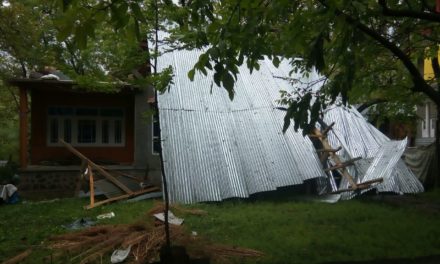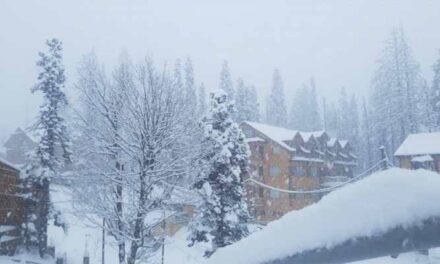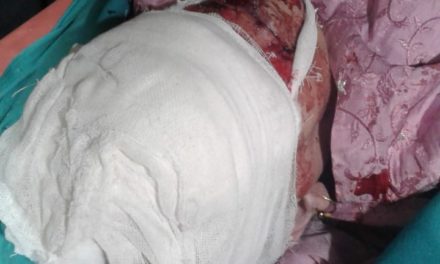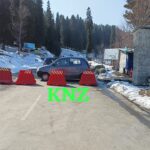![]()
SRINAGAR: According to the National Survey on Extent and Pattern of Substance Use in India carried out by the Ministry of Social Justice and Empowerment through the National Drug Dependence Treatment Centre (NDDTC) of the All India Institute of Medical Sciences (AIIMS) New Delhi, Jammu and Kashmir has almost one million drug addicts.
The Ministry of Social Justice and Empowerment disclosed this information in response to a query by National Conference Member of Parliament Hasnain Masoodi in the Lok Sabha. The query had requested information on the total number of suspected drug addicts in Jammu and Kashmir and the total number of facilities for addiction treatment, de-addiction, and rehabilitation in the Union Territory.
According to the Ministry’s response to National Conference MP Hasnain Masoodi’s inquiry about drug addiction in Jammu and Kashmir, the Ministry referred to a survey which revealed that around 108,000 males and 36,000 females were found to be using cannabis, 534,000 males and 8,000 females were using opioids, and 160,000 males and 8,000 females were using various sedatives. The Ministry also stated that a significant number of males and females were addicted to cocaine, Amphetamine-Type Stimulants (ATS), and Hallucinogens in the region.
The Ministry’s figures on drug-addicts in Jammu and Kashmir may be underestimated as the survey was conducted several years ago and the drug problem has since become more widespread in the region. The Ministry informed the Parliament that it endorses the establishment of Addiction Treatment Facilities (ATFs) in government hospitals across the country, a program being implemented by AIIMS New Delhi. Out of the 46 ATFs established so far, 10 are operational in Jammu and Kashmir, according to the reply provided to the Member of Parliament.
Additionally, the Ministry supports the establishment of Integrated Rehabilitation Centres for Addicts, which not only provide treatment to drug victims but also offer services such as preventive education, awareness generation, motivational counselling, detoxification/de-addiction, aftercare, and reintegration into mainstream society.
The Ministry’s reply to the Member of Parliament stated that although 46 Addiction Treatment Facilities (ATFs) have been established across the country, only 10 are currently operational in the Union Territory of Jammu and Kashmir. Additionally, the Ministry supports the establishment of Integrated Rehabilitation Centres for Addicts, of which there are 340 in the country but only one in Jammu and Kashmir.
Similarly, out of 40 Community-based Peer-led Intervention (CPLI) Centres established so far, only two are operating in Jammu and Kashmir. Furthermore, the Ministry has set up 71 Outreach and Drop-in Centres (ODICs) across the country, with three currently operating in the UT of J&K. The Ministry also supports the establishment of District De-addiction Centres (DDACs) in districts without IRCA, ODIC, and CPLI centres, of which there are currently five in Jammu and Kashmir out of a total of 15 supported by the Ministry.
In response to a question about the menace of narcotics, the Ministry of Home Affairs informed the Lok Sabha that the Narcotics Control Bureau (NCB) had destroyed poppy on 288 acres of land in J&K in 2018, 1123 acres in 2019, 893 acres in 2020, 292 acres in 2021, and only 88 acres in 2022. However, given that poppy is grown on a significant portion of land in the Kashmir valley, the figures suggest that no significant progress has been made in its destruction.
On the other hand, cannabis destruction has increased with 37 acres destroyed in 2018, 295 acres in 2020, 523 acres in 2021, and 443 acres in 2022, but the performance of NCB is still not satisfactory considering the large area of land used for growing cannabis in Kashmir valley.

























